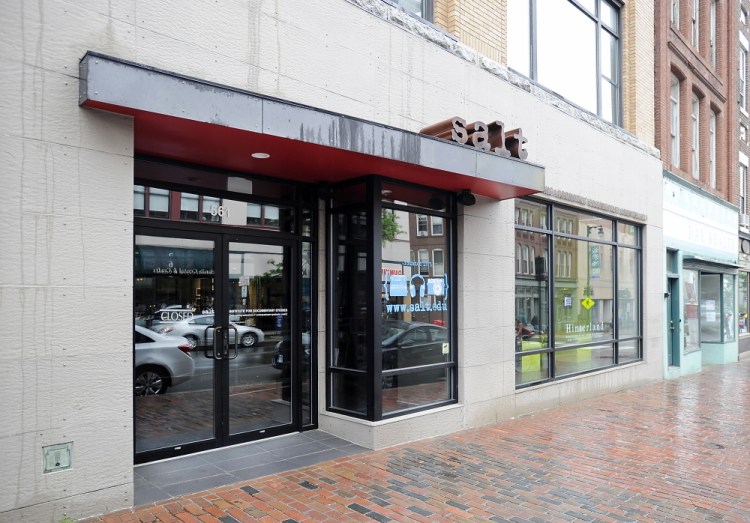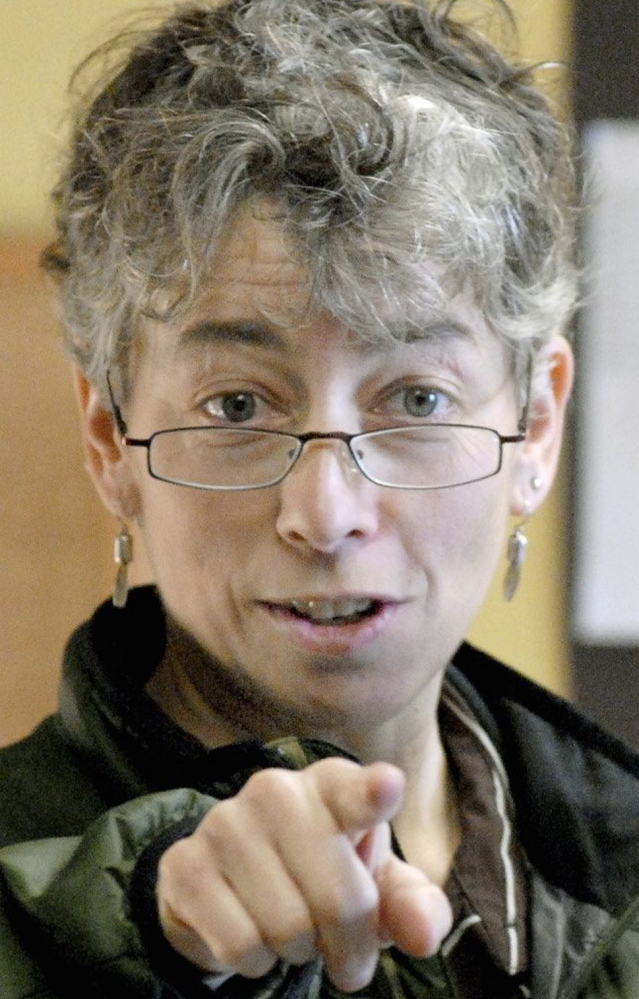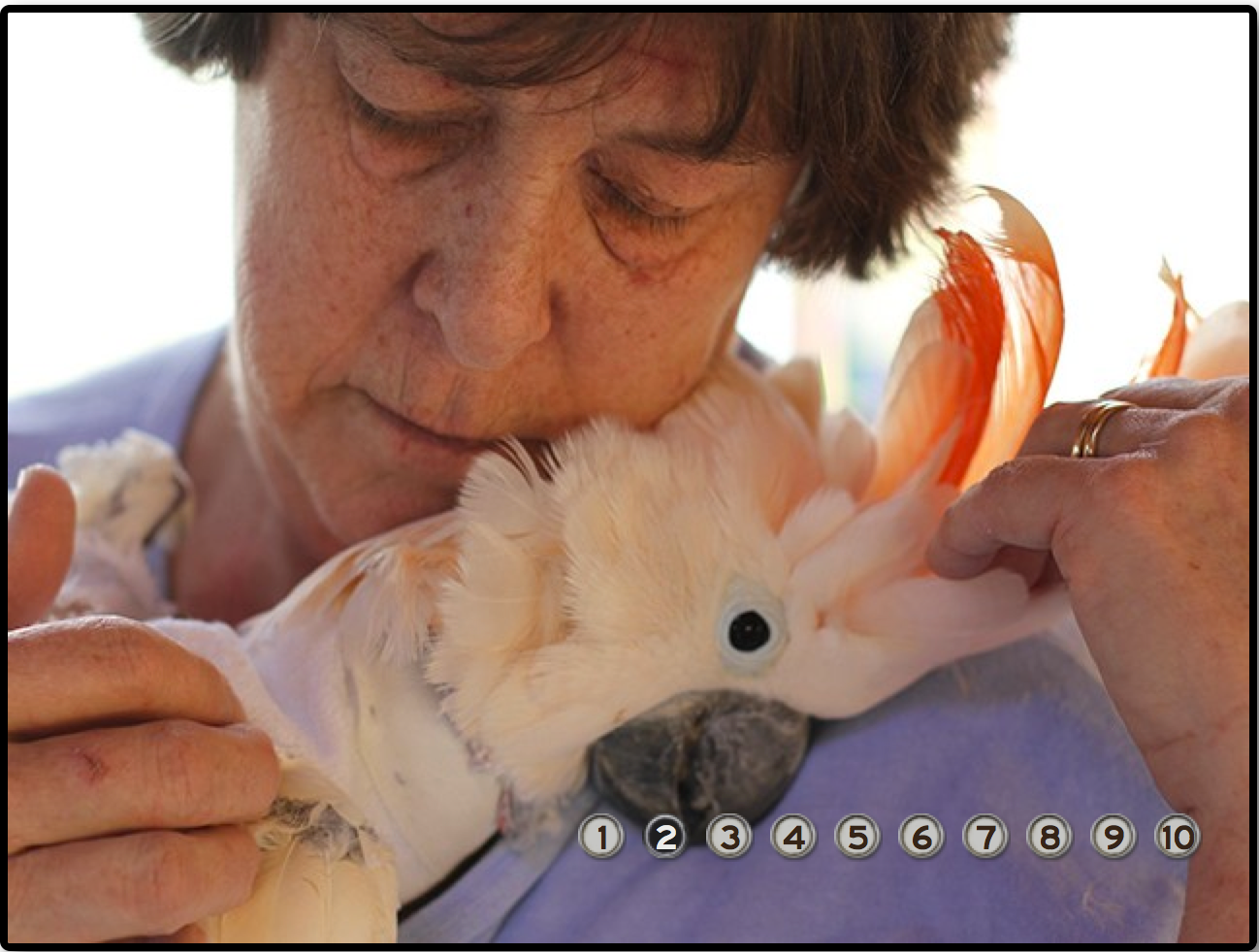Salt Institute for Documentary Studies may have been too small for its own good.
While former board members and students celebrated the 42-year-old school Wednesday for its narrow focus and for catering to a small group of students, some said those factors may have played a key role in Salt announcing it is closing.
The school served only about 25 students each semester and was perceived by some as slow to expand its focus beyond traditional documentary methods.
“The problem was really finances in the face of being so small,” said Susan McCray, an English teacher at Casco Bay High School in Portland who finished a term on the Salt board in February. “When you’re that small and depend on tuition, having two fewer students a semester can be really significant. We tried to find major donors, but it’s a small operation in the state of Maine.”
Current board members would not release any new information Wednesday on the specific problems that led to Tuesday’s announcement. The school will close in September.
Board members referred questions to chairwoman Kimberly Curry, who said Wednesday the board has been “overwhelmed” by reaction to the closing and requests for more information. But Curry said it would take at least a day to “craft” a statement explaining the reasons.
Executive Director Donna Galluzzo had said Tuesday that enrollment was declining and, with no endowment, funding was inconsistent. The $500,000 operating budget was mostly funded by tuition and some grants. Tuition for a 15-week session was $9,890 per student.
In a tax filing for 2013-14, the organization listed $740,000 in net assets, mostly money made by selling buildings on Exchange and High streets. That filing showed the school ended the year with an $83,000 deficit.
Former board members say enrollment was hurt over the past few years when some local colleges discontinued programs that allowed their students to take Salt sessions for college credit. With that incentive eliminated, it has become harder to attract students to a program that does not grant degrees.
ECONOMICS OF LONG-FORM WRITING
Emma Deans, 26, of Gorham, studied writing at Salt in 2010 while enrolled at the University of Maine at Farmington and earned credits toward her degree, she said. Deans went on to graduate school in multimedia journalism and is now a marketing and communications associate at Thornton Academy in Saco.
“What I took away from my time there was the discussion about who is a good character, what makes a good story, how to immerse yourself in the story,” Deans said.
Another factor likely affecting Salt was the economic reality of the changing media business. Although the kind of long-form storytelling that Salt focused on is still practiced in radio, podcasts and magazines, it’s not a lucrative field, so fewer people will spend extra money to get those skills.
Jaed Coffin, a Brunswick writer and writing teacher, taught at Salt in 2010 and says he often has former students ask him where to sell their stories and how to make a living at what they do.
“Most are freelancing. It’s not uncommon for them to spend two or three months on a long-form piece that some website may pay $300 for. That’s not a sustainable model,” said Coffin, who teaches writing at the University of New Hampshire in Durham. “Enrollments for long-form programs are down everywhere. It’s tough to make that kind of financial investment in mastering your craft when you don’t know what the payoff will be.”
Part of Salt’s difficulties might be that it’s a hard organization to describe to donors or potential students. It’s not part of a larger university and doesn’t grant degrees. And it offered only the 15-week fall and spring sessions, with instructors in radio, writing, photography and multimedia.
RESPONSE TO CHANGING MULTIMEDIA
After Salt announced Tuesday that it would close, some former students said they thought it hadn’t adapted quickly enough to new trends in media, including social media.
Salt had purchased equipment in recent years to teach technology-based skills, McCray said. But that equipment was expensive and put even more strain on the tuition-based budget.
Like Salt, the Maine Media Workshops and College in Rockport was founded in 1973 and is also largely dependent on tuition. But the school, which enrolls about 1,600 students a year, offers a large range of programs, from one-week workshops to a master of fine arts degree. The nonprofit has tried to combine instruction in the various technologies used in documentary work to offer a certificate in visual storytelling.
Elizabeth Greenberg, vice president of academic affairs at Maine Media Workshops, said the school “rebranded” its offerings a few years ago under the title “the art and craft of visual storytelling.” New classes are added often, she said.
Deans, who attended Salt in 2010, used some of the storytelling skills she learned there to write a blog post this week explaining factors that she thinks contributed to Salt’s end.
“We live in a culture of the 24-hour news cycle. It is fleeting, loud and overbearing. It is driven by money,” she wrote. “It does not care about the way light falls in a small-town diner on a Sunday afternoon or the wrinkles on the skin of a woman in a nursing home.”
Send questions/comments to the editors.






Success. Please wait for the page to reload. If the page does not reload within 5 seconds, please refresh the page.
Enter your email and password to access comments.
Hi, to comment on stories you must . This profile is in addition to your subscription and website login.
Already have a commenting profile? .
Invalid username/password.
Please check your email to confirm and complete your registration.
Only subscribers are eligible to post comments. Please subscribe or login first for digital access. Here’s why.
Use the form below to reset your password. When you've submitted your account email, we will send an email with a reset code.